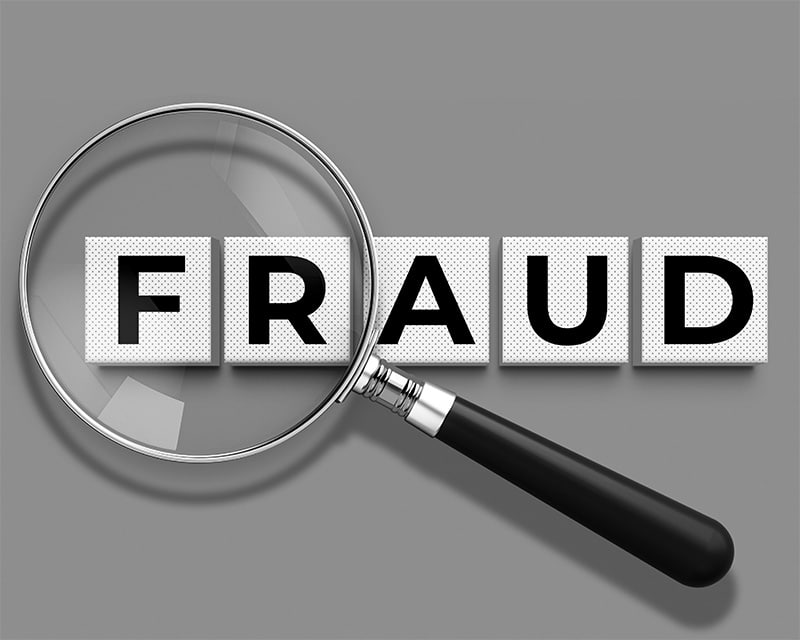Starting a new life in Canada brings new opportunities, including the chance to grow your money through investing. However, with a different financial system, unfamiliar products, and advice coming from all directions, it can be hard to know where to start. If you’re new to Canada, here’s what you need to know to make informed investment decisions and protect your financial future.
Whether you’re considering your first Guaranteed Investment Certificate (GIC) or opening a trading account, investing can be a great next step to reaching your financial goals. By understanding how investments work in Canada, how they’re regulated, and the protections available, you can invest confidently, not reactively.
Start with a strong financial foundation
Investing should never come at the expense of your financial stability. Before buying your first investment product, it’s important that you know the basics. That includes managing day-to-day expenses, setting aside emergency savings, and planning both short- and long-term goals.
As a newcomer, you may be adjusting to a new cost of living, building a Canadian credit history, or still finding reliable income. These are foundational priorities that deserve attention before taking on investment risk. It’s also worth learning how Canada’s banking and tax systems work, especially if you’re supporting family members back home or saving toward big goals like a home, a car, or post-secondary education.
The temptation to invest quickly is understandable, especially when you hear others talking about how they “got in early” or “doubled their money.” However, it’s important to remember that building wealth in Canada takes time. The most successful investors usually start small, stay focused on their goals, and avoid chasing trends. If you’re not sure where to begin, the ASC’s Investing Basics blogs can help you understand your comfort level with risk, explore the types of investments available in Canada, and determine if you’re financially ready to take the next step.
Understand the investment
Canada offers a range of investment products, including stocks, bonds, exchange-traded funds, mutual funds, and GICs. Each comes with different levels of risk, fees, tax implications, and liquidity. What may be familiar or common in your home country may work differently here. Just because a friend or social media contact is investing in something doesn’t mean it’s the right choice for you.
The 2024 CSA Investor Index found that nearly 45% of Canadians are now managing some or all of their investments themselves. This do-it-yourself approach is especially popular among younger adults who may prefer more flexible options or want to avoid high fees. But that independence makes it even more important to understand the investment itself, not just the sales pitch.
Before investing, ask yourself:
- What exactly am I putting my money into?
- How does it grow, and what are the fees?
- Can I explain it clearly to someone else?
- Can I take my money out, and how quickly?
- Does this fit my goals and timeline?
If you can’t answer these questions, that’s a sign to pause and do more research. Investing in something you don’t fully understand, even if it “feels right,” can lead to costly mistakes.
Always check registration
One of the most important protections for investors in Canada is registration. Crypto trading platforms and anyone offering you an investment opportunity or giving investment advice, must be registered in Canada.
That includes financial advisors, platforms, and individuals promoting opportunities in private groups or social chats. Registration ensures they meet professional standards and follow Canadian laws designed to protect investors like you.
It’s easy to assume someone is legitimate if they sound confident, share success stories, or speak your language. But trust should never replace verification. Before handing over your money, check registration to verify if an individual or firm is registered to sell investments in Alberta. It takes less than a minute, and it could save you from falling into a scam that looks legitimate on the surface.
Don’t ignore the red flags
The CSA Investor Index found that 23% of Canadians had been approached with a potentially fraudulent investment. Among those, many said the offer came with documents that looked official, promises of guaranteed returns, and pressure to act quickly. Similarly, an Interac survey in 2023 found that 70% of new Canadians feel more vulnerable to fraud, and over half say they or someone close to them has already been targeted.
Scams today are designed to look real, and many are aimed directly at people who are new to the country. Fraudsters understand how to use urgency, community ties, and social proof to manipulate people. They might claim they’ve invested their own money or that “everyone in the group is doing it.” They may use your language, share your background, or even reference faith, culture, or shared values to build credibility.
This is called affinity fraud, and it’s common in newcomer communities. Don’t let a friendly tone or shared background replace careful thinking. If something feels off, pause. Talk to a trusted friend, advisor or call the ASC. And remember, real investments don’t come with deadlines, pressure to get in quickly or promises of guaranteed returns that sound too good to be true.
If you have been approached, you can report the incident confidentially to us at the ASC via email at complaints@asc.ca or call us at 403-355-3888. Reporting fraud helps protect others. Even if you didn’t lose money, your story could stop someone else from becoming a victim.
Investing can be an important step toward building your future in Canada. But it only works when it’s based on good information, a strong financial foundation, and trusted sources. As a newcomer, you don’t have to figure it all out overnight. What matters is taking your time, asking questions, verifying information and checking registration before you commit your hard-earned money. Understand what you’re investing in. Know who you’re dealing with. Watch for red flags. And above all, make decisions that support your goals, not someone else’s sales pitch.







